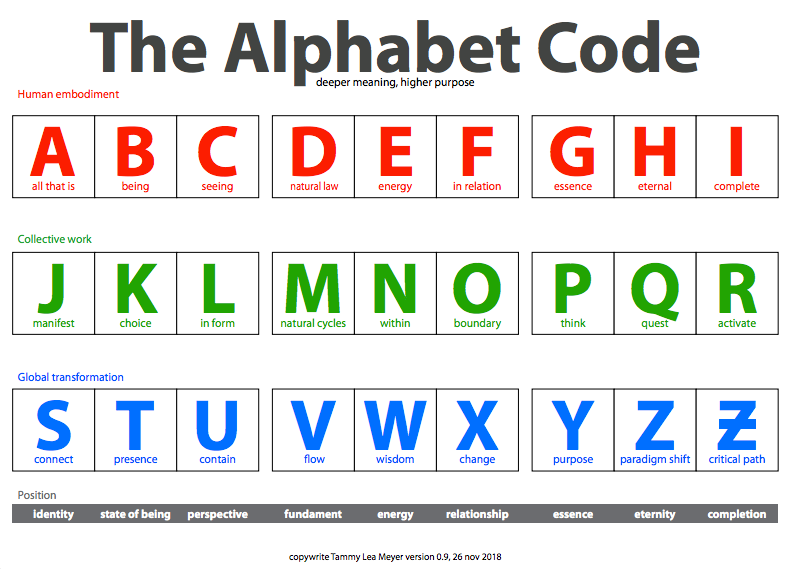An Enquiry Concerning Human Understanding
David Hume cuts off logic from causality stating that all conceptions of reality are based on observations. These observations do not have any correspondence to the cause we associate these observations. Ultimately, we are left with a choice concerning causality.
When a cause is not part of some underlying nature we almost pick and choose it as if from a menu. This sounds like how we explain culture rather than some matter of fact.
The Amazing Shrinking Woman (1981)
The movie is a joke about consumerism. Oddly it relates to Hume's comments on observation but in an inverted way. The woman who shrinks becomes a victim of some admixture of all the chemicals she owns. Her shrinking body has no known cause other than her purchases. Hume notes that when we try to get to the root of a cause we finally rest at some object or memory. Hume also notes that observations have a weakened impression on us if it from some memory and not currently being an experience.The well-marketed items do not fade. In fact, the colors of the packaging are the bright advertising colors throughout the film. What fades is the observer and there is even a plot by some mad scientists to infect this inverted observer disorder to the rest of humanity as the final warped incarnation of capitalism.

